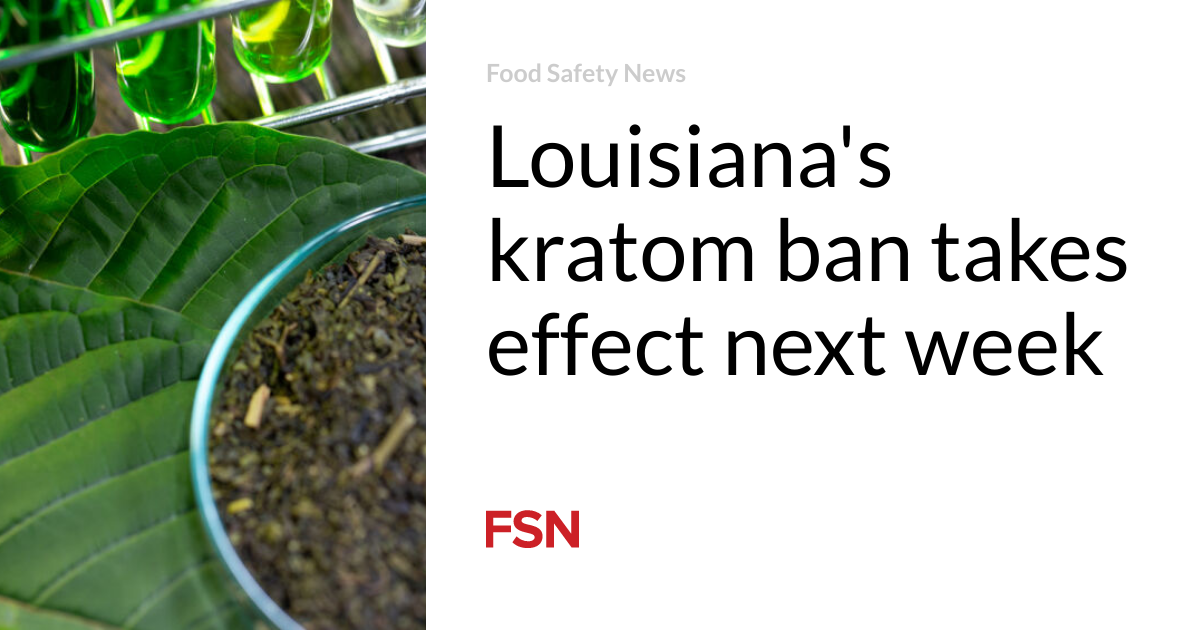Rumiano automates to remain West Coast leader in community, culture and organic cheese
As a 106-year-old family-owned company, Rumiano Cheese is no stranger to thinking outside the box and experimenting with ways to constantly improve business processes and employee well-being. Founded in 1919, the dairy manufacturer has continually evolved — from supporting the Apollo crew in the first lunar landing in the 1960s to becoming the first plant on the West Coast to produce organic cheese at scale in 2005.
In 2021, Rumanio achieved another milestone 40 years in the making: a new packaging plant in Willows, California, set to double its current packaging volume by the end of 2026. But the company’s leadership didn’t dream of this facility solely for business growth — it was built to support the local community and create an environment where employees can grow, feel supported, and be inspired to stay.
“We have a goal of being a West Coast packaging leader, and we’re on the path of doing that,” said Patrick Henson, Rumiano’s VP of Operations. “But more importantly, we are here to support our community.”
With plans to grow the 50,000-square-foot facility to 200,000 square feet over the next three to five years, Henson explained that Rumiano is investing not just in expansion but in a long-term vision that prioritizes sustainability, innovation, and workforce development.

A Community and Future-Focused Approach
As a cornerstone of its community, Rumiano has long prioritized both business growth and the well-being of its employees. “We’ve been here 100 years, and if somebody in this town hasn’t worked here or hasn’t had a family member work here, that’d be pretty surprising,” Henson said.
Over the last five years, Rumiano leadership has embraced a more employee-centric culture, investing in its workforce to demonstrate its commitment to the team. This focus on the people has built a foundation of trust — one that is essential as the company integrates more automation to support its next phase of growth.
“We need to create opportunities for the next generation in a town of only 6,000 people,” Henson said. “With this mass growth happening, we must work with the population to support it. Automation allows us to invest in employees and upskill them.”
Building this open dialogue between leadership and employees about automation has created excitement rather than fear. When Rumiano deployed automation on its labeling line a few years ago, the four employees who worked on the line placing labels all day moved further up the line to focus on tasks that impacted the taste and texture of the product to deliver more value. Later, the company deployed robotic arms to shift from manual accumulators to automated packing, again shifting valuable employees to more complex tasks like slicing and quality control.

According to the Director of Operations, Ruben Rangel, employees who have moved into these new roles now feel more valuable on the production floor and recognize the benefits of automation for the business.
With that trust firmly in place between leadership and employees, it opened the doors for even greater acceleration on the production floor. When Rumiano announced its plans to automate palletizing in 2025, there was no question in anyone’s mind that it was the right move. Employees trusted that leadership was automating to enhance their jobs — as they’d proven over the last few years.
However, rather than making a large upfront capital investment in automation like it had in the past, Rumiano’s team took a new, strategic approach.
Investing Capital Where It Matters Most
Rumiano’s decision to automate palletizing was simple, but finding the right partner took time.
David Wolper, Director of Planning, said it came down to the operating model and level of support. Ultimately, Formic proved to be the ideal partner.
While Formic’s $0 upfront model allows Rumiano to put CapEx toward bigger impact projects, it was actually Formic’s maintenance and flexibility that Rumiano found the most beneficial.

“It was the level of support Formic provides,” Wolper said. “We don’t have to have someone trained in advanced robotics on site, and knowing that Formic can come to our aid when we need it fairly quickly was what drove our decision.”
Henson added that the immediate and visible return on productivity and ergonomics made the decision to automate palletizing easy and better positions them as a forward-thinker in the manufacturing space.
Above all, Rumiano prioritizes partnerships that align with its people-first culture. “Formic likes to partner with people; it’s not just a business transaction,” Henson said. “That fits really well with our leadership approach.”
It All Comes Back to Rumiano’s People
As the company focuses on continuous improvement to meet its goals, the focus and priority always come back to its community and employees — which are inherently interconnected.
As automation becomes a bigger part of Rumiano’s operations, the company sees it as more than just a tool for efficiency. It creates an opportunity to identify employees with an interest in technology to let them take the reins on operating the automation equipment and develop new skills.
This commitment to its people ensures that as the company evolves, its employees evolve with it. By blending tradition with innovation, Rumiano isn’t just securing its future in manufacturing — it’s strengthening the very community that has supported it for over a century.
Learn how easy automation can be: Automate with Formic today.
Source link




:max_bytes(150000):strip_icc()/faw-absorbent-dish-towels-tout-efe021c7e2fe48c2b6b9c9ae3644d97d.jpg)
:max_bytes(150000):strip_icc()/fw-roundup-rei-first-person-recs-tout-27e1abb7c49749ada84c061668279af1.jpg)

